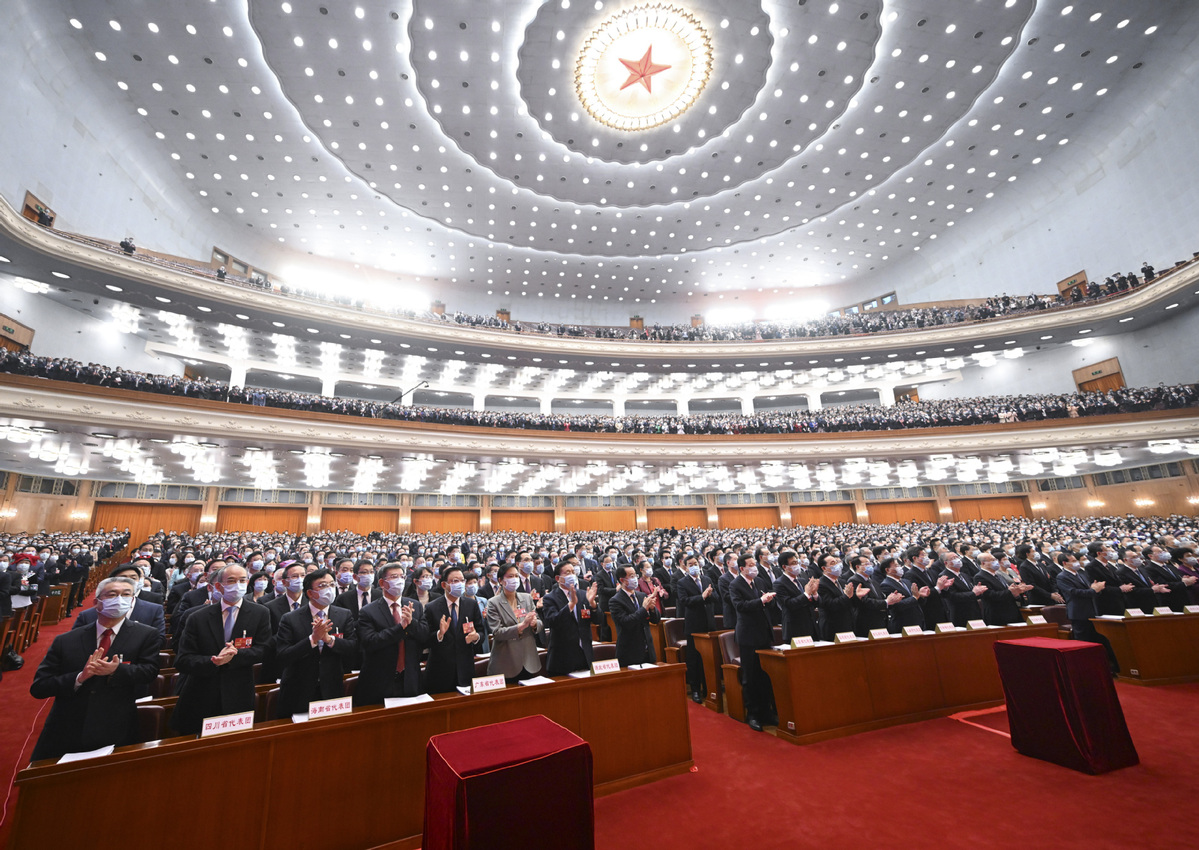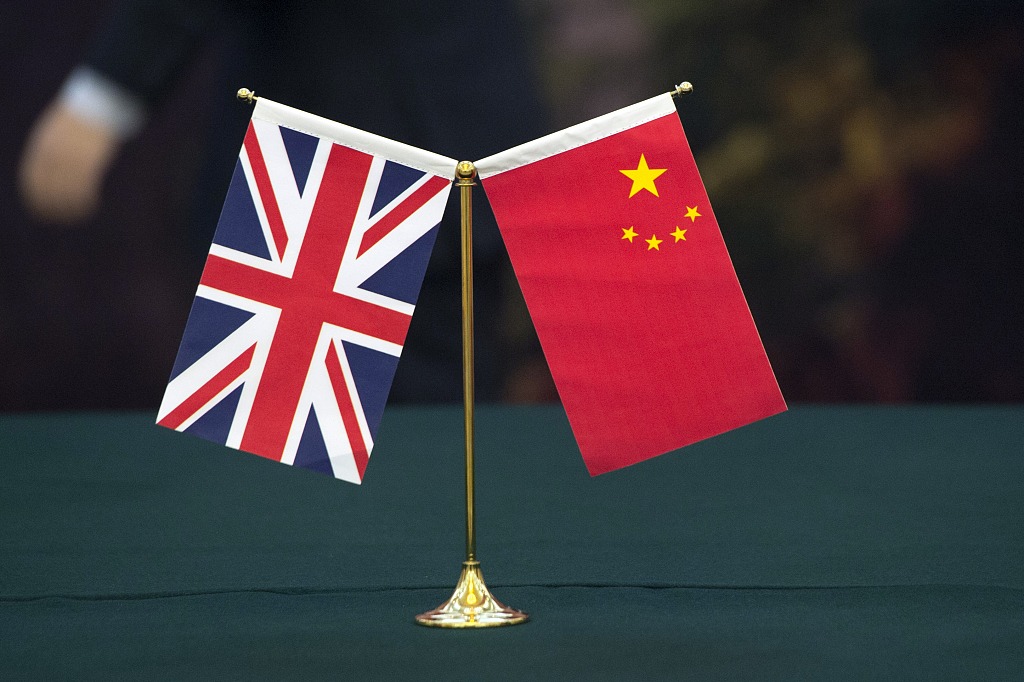Institutional reform promotes high-quality development


The Party and State institutional reform plan that was proposed to the country's top legislature during its ongoing annual gathering in Beijing on Tuesday afternoon heralds a new round of institutional restructuring of the central authorities.
The purpose of the reform is to adapt to the needs of building a new development pattern and promoting high-quality development, and strengthening the optimization and adjustment of the responsibilities of institutions in key areas such as science and technology, financial regulation, data management, rural vitalization, intellectual property rights and work related to the aged.
There is no doubt about the importance of the institutional reform. It is the "hard bone" of reform that has to be gnawed, as it directly touches on the distribution of power and interests. It will have immediate positive effects if successfully implemented.
The reform of the Party and state institutions is to advance the modernization of the Chinese system. The latest round of institutional reform is a very important part of China's institutional modernization, which aims to serve the wellbeing of the people.
China's system modernization is not the Westernization of the system, in the direction of the Western "separation of powers", but a process to better coordinate the decision-making power, executive power and supervision power.
Such a system has its advantages. It focuses on achieving coordination among different powers, parties and fields. When people think of modernization, they usually think of the positive changes it brings, but in fact, modernization can also produce a destructive force on society if in the process the old system is destroyed and the new system cannot be established. This reform is thus a very important part of exploring the Chinese path to modernization.
Specifically, the institutional reform this time is to better handle the relationship between the government and the market, and the relationship between the Party and the government and society. The authorities should serve society and regulate the market effectively, so one of the key points of the reform is to prevent power holders from being disconnected from the people, and prevent their economic policies and regulations from infringing on the interests of business entities.


































